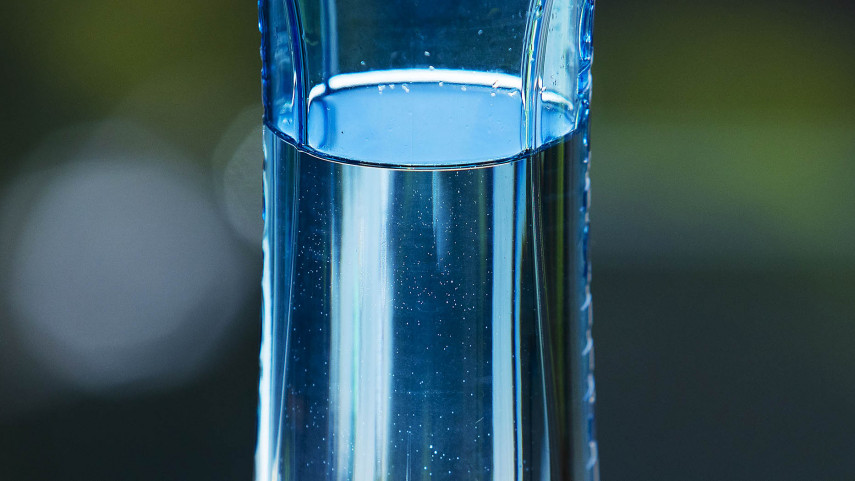Well inspections reveal contamination risk
Share this story
New engineering assessments of Christchurch’s wells have revealed some of them may be susceptible to contamination, particularly in heavy rainfall events.
Christchurch’s drinking water is drawn from 156 wells (also referred to as bores) located at 56 sites across the city.
To ensure the safety of the water supply and its compliance with Drinking Water Standards, the wells are inspected on a rolling basis by appropriately qualified engineers so that each is reviewed at least once every five years.
Latest assessments by engineers have raised concerns that some of the below ground wellheads may not be sufficiently sealed to prevent surface groundwater contamination, particularly in heavy rainfall events.
On the basis of those assessments the Canterbury Water Assessor has removed the city’s secure bore status.
Christchurch City Council Head of Three Waters and Waste John Mackie says the Council has been working with its contractor, City Care, since June last year to review all the wellheads across the city.
As a result of that review process, a programme of work is under way to get all the wells upgraded by the end of this year.
“Because the Canterbury Water Assessor has, as of 22 December 2017, removed our secure bore status we are now in a position where we need to fast-track that work and look at ways we can safeguard against contamination of our water supply in the meantime,’’ Mr Mackie says.
“Staff are currently working on those options, in consultation with the Canterbury Medical Officer of Health, and we will be presenting a report to the Council on Thursday with some recommendations.
“There is no current issue with the quality of our ground water – it is safe to drink. The issue we face is how can we eliminate the slight risk of contamination occurring through our infrastructure.
“The risk of contamination is slight but the consequences of any contamination are potentially very serious so we need to take action,’’ Mr Mackie says.
Canterbury Medical Officer of Health Dr Alistair Humphrey says Christchurch’s water is still safe to drink.
“We do not need to issue a boil water notice because the quality of the water remains good. The reason the Council has to go through this programme of ensuring the wellheads are safe is because of the slight risk of contaminated water seeping into the groundwater.
“If you have a below ground bore that is not sealed in properly, there are a number of ways that contaminated water can egress down into your groundwater. If we have heavy flooding there is a risk that some form of contamination could get into our groundwater as it did in Havelock North,’’ Dr Humphrey says.
Is Christchurch’s water safe to drink?
Yes. There is no immediate health risk from drinking our tap water.
Why have concerns been raised?
The groundwater wells servicing Christchurch are no longer deemed to be secure as there is a slight risk of contamination occurring through our infrastructure.
For groundwater supplies to be classified as secure, below ground wellheads and casings must be impermeable so rainwater and other surface water can’t get in.
Some of our 156 wellheads are not at that standard.
The Council has been working to upgrade them but that work is not scheduled to be finished until the end of this year.
The Council may need to speed up that work and look at other options, such as temporary chlorination, in order to provide an extra layer of protection.
A report on these options will be considered by the Council on Thursday.
If the wellheads aren’t secure, how come people haven’t got sick?
The Council has a very comprehensive testing regime and good management systems in place.
However, we know that during heavy rainfall events, such as we experienced in July last year, river water has entered a number of wellheads, increasing the risk of contamination.
Such events could result in an outbreak of a waterborne disease. The risk is slight but the consequences could be serious.
How many wells need work and where are they?
In all 103 below ground wellheads need to be upgraded. They are spread throughout the city.
What other options are there to protect the city’s water supply?
The Canterbury Medical Officer of Health has advised the best option is to temporarily chlorinate the water but the Council has not made a decision yet on whether this will happen.
What would it cost to set up temporary chlorine treatment?
Temporary treatment would cost about $600,000 to set up and about $250,000 a year to run.
How long would it take to get chlorine into the water supply?
It would take about two months to set up the facilities at the 56 pumping stations across the city.
What would the chlorine do?
It would kill the bacteria that can get into water and spread disease.
Has chlorine been used in Christchurch’s water supply previously?
Yes – intermittently. The Council put chlorine in the water immediately after the earthquakes. It also uses it when bacterial transgressions are detected.
For example, a Diamond Harbour water reservoir was treated with chlorine just before Christmas because water sampling showed there was E.coli bacteria in the reservoir.

